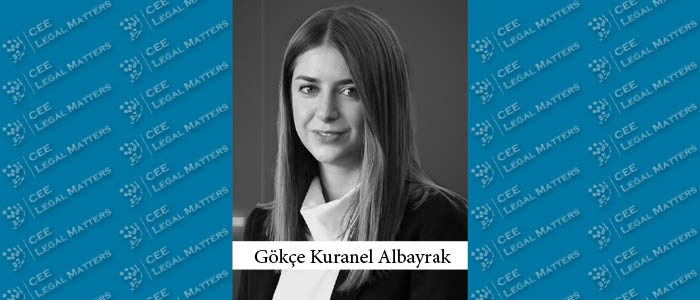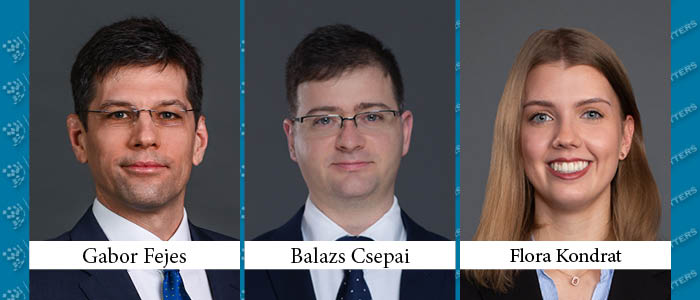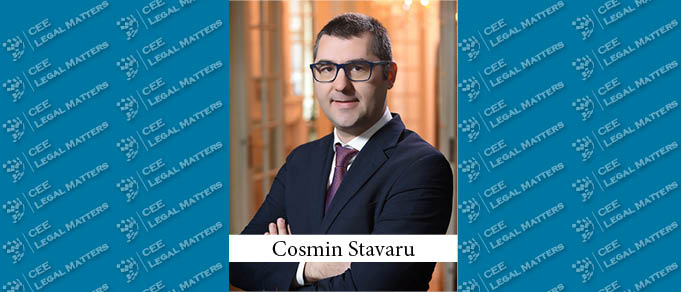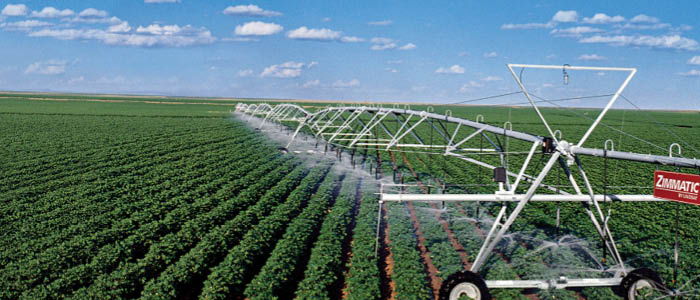On 10 July 2023, the Agency for the Protection of Competition of Montenegro initiated a proceeding against the Association of Tourist Agencies of Montenegro for an alleged breach of the Competition Law.
Significant Decision by the Turkish Constitutional Court regarding the Competition Authority's On-site Investigations
With its decision dated 23.03.2023 and numbered 2019/40991, published in the Official Gazette dated 20.06.2023 and numbered 32227, the Constitutional Court [the “Court”] ruled that the on-site investigation carried out at the workplace within the scope of the investigations conducted by the Competition Board without a judge's decision violated the inviolability of domicile guaranteed under Art. 21 of the Constitution.
Hungary Increases Fine Cap to 13% of Yearly Turnover – A Conscious Competition Policy Move or a Fiscal Adjustment for Budgetary Purposes?
Whereas competition law regimes around the globe struggle to find the right enforcement tools in a fast changing world, leading some jurisdictions to introduce revolutionary and highly sophisticated new intervention powers for competition authorities, Hungary is to experiment a simpler approach: an “increase of the hammer’s size”.
EU’s Foreign Subsidies Regulation Starts to Apply
The Foreign Subsidies Regulation (FSR), one of the EU’s latest state aid instruments, entered into force on January 12, 2023. Now, after six months, it starts to apply. This regulation establishes rules to govern foreign subsidies that could distort the EU’s internal market. It empowers the European Commission (“Commission”) to investigate financial contributions provided by non-EU countries to companies operating in the EU. If these contributions are found to be distortive subsidies, the Commission can enforce corrective measures to remedy these effects.
The Court of Justice of the EU: Competition Authorities May Examine Infringement of Personal Data in the Context of Monopoly Position of the Controller
In one of our previous texts (available here) we wrote about the connection between the protection of competition and protection of personal data, namely whether competition authorities may consider infringements of personal data in their investigations.
David Ilczyszyn Joins Rovenska & Partners as Partner in Prague
Former White & Case Counsel David Ilczyszyn has joined Rovenska & Partners in Prague as a Partner in early July 2023.
Busy and Increasing Headcounts in Ukraine: A Buzz Interview with Timur Bondaryev of Arzinger
Despite the challenges, Ukraine’s internal economy remains strong – and there are significant opportunities for those who can navigate the complexities of the current situation – with lawyers busy with litigation and arbitration, sanctions and antitrust, as well as restructuring and privatization matters, according to Arzinger Founding and Managing Partner Timur Bondaryev.



































